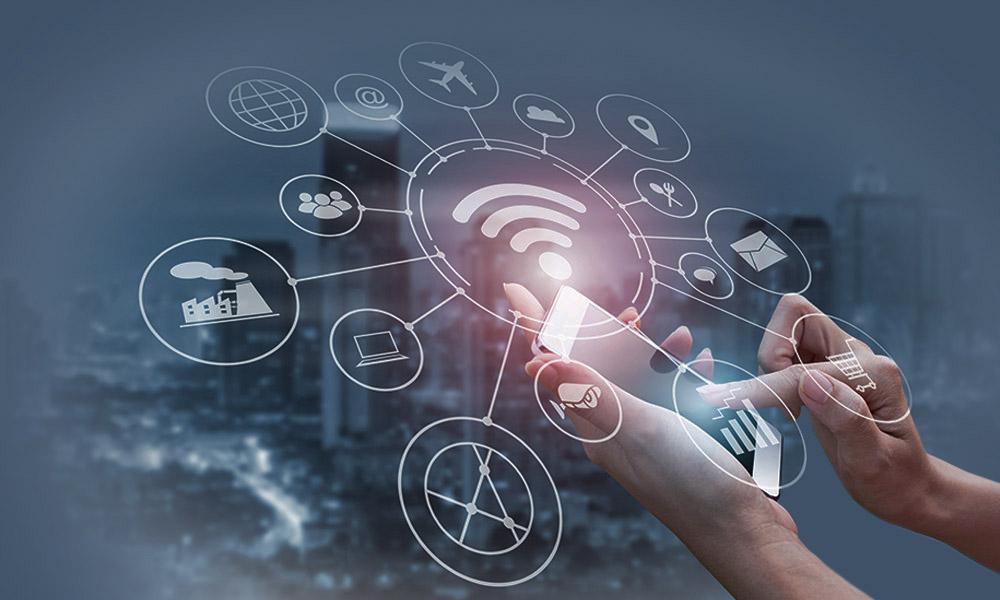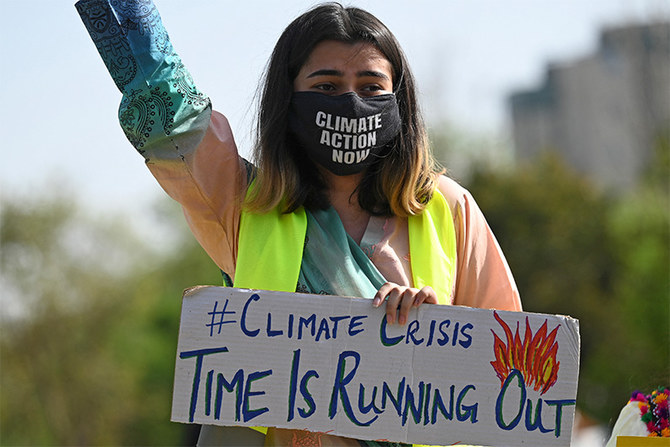
Empowering Rural Girls Through Technology Access and Digital Literacy Education
Introduction:
Climate change is a global crisis that has severe impacts on vulnerable communities, particularly those in rural areas. Pakistan, a developing country, is no exception to this phenomenon. Rising temperatures, extreme weather events, and depletion of natural resources pose significant challenges in Pakistan, especially for rural communities. Among these vulnerable communities, rural girls face additional barriers due to limited access to resources and information. Addressing climate change and closing the digital divide are crucial for their empowerment and well-being. In this essay, we will explore the role of Human Rights Welfare Society Pakistan (HRWS) in providing technology access and digital literacy education to rural girls, thereby contributing to climate change mitigation and empowering these marginalized individuals.
Understanding the Climate Change Crisis in Pakistan:
Pakistan experiences numerous climate change challenges, including rising temperatures, increasing frequency and intensity of extreme weather events, and depletion of natural resources. These challenges disproportionately affect rural areas, which have limited resources and infrastructure to adapt to and mitigate the impacts. Among rural communities, girls face particular vulnerabilities due to limited access to resources and information, making them more susceptible to climate-related disasters. It is therefore imperative to mitigate climate change through sustainable practices to ensure the overall well-being of vulnerable communities.

The Digital Divide and its Impact on Rural Girls:
The digital divide refers to the gap in access to technology and internet connectivity, primarily caused by disparities in socioeconomic status. In rural areas of Pakistan, limited technology access exacerbates the challenges faced by rural girls. Factors such as lack of internet connectivity and electricity, as well as low availability and affordability of digital devices, hinder their access to digital resources and opportunities. Consequently, girls in rural areas experience educational inequalities and limited opportunities for acquiring digital skills, which are essential for employability in the modern job market.
The Role of Human Rights Welfare Society Pakistan (HRWS):
HRWS is an organization committed to promoting human rights and social justice. It recognizes the importance of empowering marginalized communities, especially girls, through technology access and digital literacy education. HRWS has implemented various initiatives to bridge the digital divide and empower rural girls
All Categories
- Agricultural Methods
- Agriculture and Women Small Farmers Rights Awareness
- Climate Change
- Disable and Human Rights
- Disable Jobs
- Donation
- Education
- Health Issues
- Organic Foods
- Organic Vegetables
- Orphans Children
- Plastic production and disposal
- Services
- Sinking in Scarcity
- Success Stories
- Uncategorized
- Waste Management
- Women Rights
- Youth Empowerment




